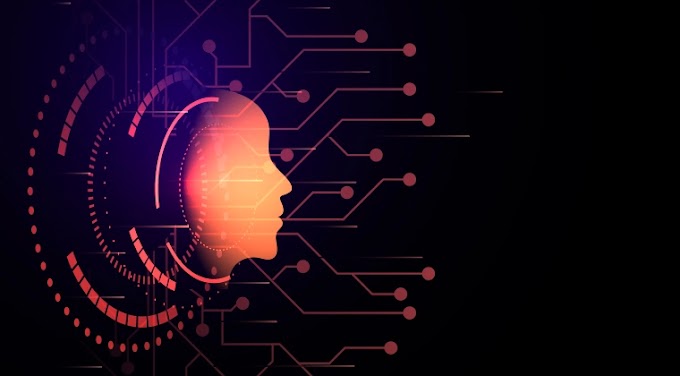The Cyber resilience in the new general
Cyber resilience in the new general
This new simple function of remote performance has paved the way for new threat vectors, further complicating the role of cybercity leaders.
Securing an organization’s data has become more of a challenge than ever before. As companies face disruption and rapid change, the number of cyber attacks has increased significantly since the spread of Kovid-19.
Employees now work remotely and also use their personal devices to connect to corporate networks. These devices are often very vulnerable, which is a major concern for company security.
When offices are assets on campus, companies are always more secure and comfortable. For Rishi Rajpal, Vice President, Global Security, Concentrics, achieving equal visibility (which is the office base) and control over assets is of great concern after the WFH transition said. "These are the main concerns, of our for which we were very careful when moving forward with our operation before the lockdown."
"The only compromise point today is the possibility of unloading the entire network. Therefore, we have implemented the button that holds the policy. Our risk tolerance for any kind of warning continues to decline. Rajpal said that we will be careful from any angle if employees are working from their homes.
Furthermore, managing cyber security operations remotely is the biggest challenge for most companies. Companies are usually accustomed to implementing cyber security checks at home because they can easily communicate with people or hold a laptop for event management processes.
“Now people are scattered and their machines are not under your physical control. Therefore, it is also important to work on those areas to develop a strategy on how you can remotely forensics or swipe data remotely. These are just some of the goal setting shareware that you can use to create WFH scenarios, ”said VP-IS Kumar Ravi of XL Services.
Also Read :
- If your Windows 10 PC suddenly feels slow, Microsoft wants to hear from you
- Apple Confirms the New iPhone 12 Release
As working from home has become a new standard, end-to-end security with the infrastructure, VPN, and internal systems needed to work from home is important to every business.
Mike Herredia, VP - GSI Channel, Skybox Security, sheds more light on how cybersecurity activities have been affected by rapid changes in business processes, the future is unclear and we are not clear about the epidemic and the recession. That’s how it goes. It is very difficult to formulate a strong future strategy with a lot of uncertainty.
"The flexibility of the infrastructure are must be assessed, the equipment must be properly configured and we must be clear about what we are trying to protect. We must provide a platform on which we can steer the business with a secure foundation," Herredia maintained.
Invest in security
CISO Manikant R of DMI Finance. Singh believes that if an organization learns a lesson from this crisis, it will invest more in cyber security.
"The Infrastructure, technology, process improvement and cyber security are the next focus of us. There will be a complete transition from an on-campus environment to highly cloud-based technologies. As a result, security and data processing methods will also be transformed. Therefore, investment in cyber security will change.
Times Internet's CISO Tisin Das believes that companies' attitudes toward cybercity have changed. However, when the budget for security is low, you get creative, he said. I'm sure we use a lot of open source tools to reduce the gap source until you reach your budget. Although open-source tools are not as good as commercial tools, they can help reduce risk.










0 Comments
If you have any doubt, Please let me know.